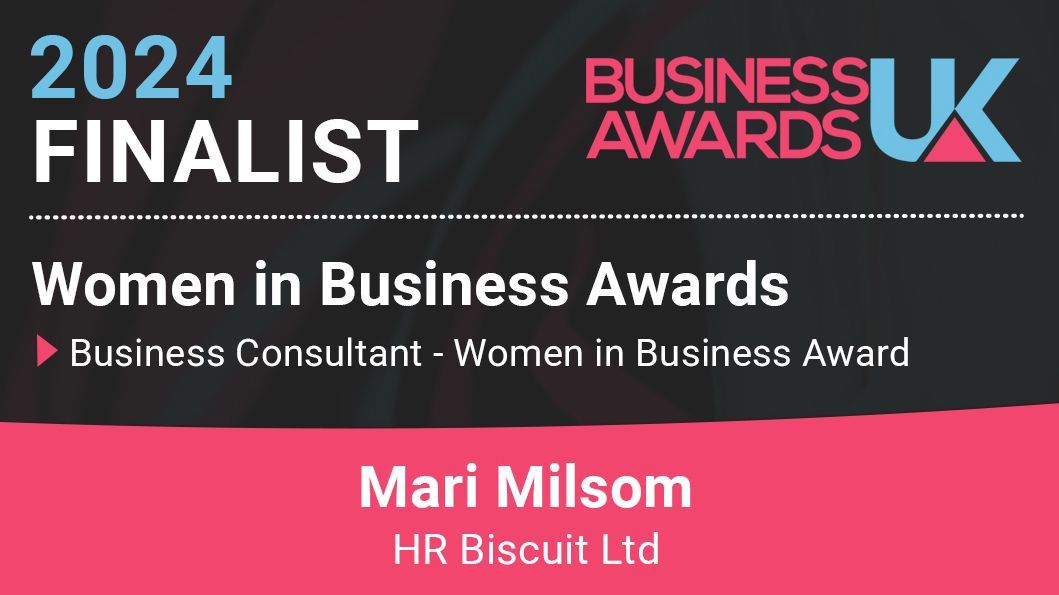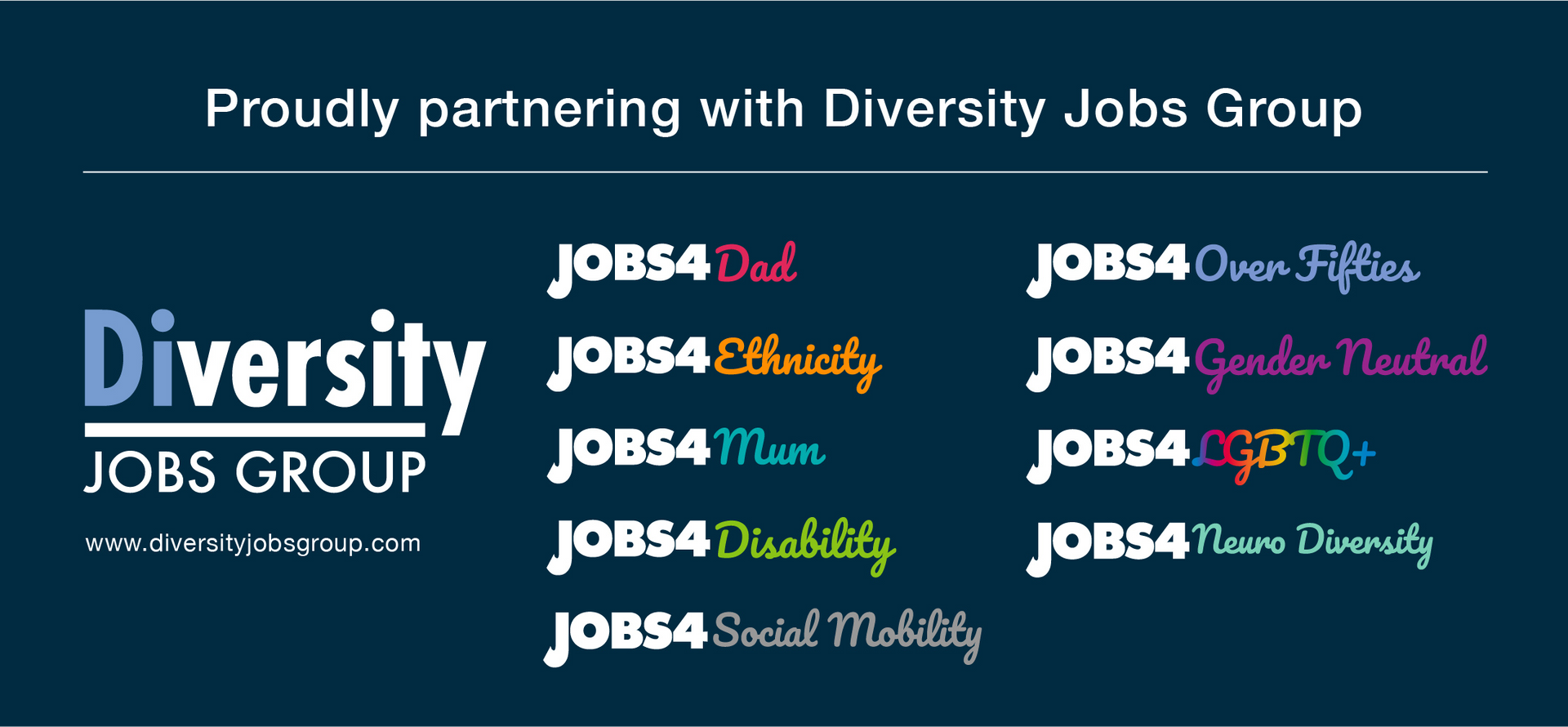Embracing Innovation in Talent Acquisition and Management: Moving Beyond Competency-Based Approaches
Traditional competency-based approaches have been the foundation of talent acquisition and assessment practices across industries. However, as the demands of the modern workforce evolve and organisations undergo rapid transformation, there is a growing recognition of the limitations inherent in relying too heavily on past experience to assess candidates' suitability for roles. In this article, we will explore the barriers hindering the adoption of new and innovative skills-based assessment approaches in talent acquisition and management, and discuss strategies for overcoming them.
Embracing Tradition and Familiarity
The comfort of tradition and familiarity often shapes organisational practices and processes. Competency-based approaches have become deeply ingrained in talent acquisition and management due to their familiarity and established procedures. Many organisations may hesitate to explore alternative assessment methods simply because they are comfortable with the status quo and reluctant to disrupt existing practices.
Perceived Objectivity and Risk Aversion

Competency-based approaches are often perceived as objective methods for evaluating candidates' qualifications and suitability for a role. Employers believe that focusing on specific competencies and past experiences can lead to more informed and unbiased talent decisions. Moreover, competency-based approaches provide a sense of predictability and stability which appeals to risk-averse organisations seeking to minimise potential risks associated with talent acquisition and management decisions.
Perceived Efficiency and Legal Considerations
Competency-based approaches are often perceived as efficient and legally defensible, as they involve standardised processes and criteria for evaluating individuals. This perceived efficiency is especially appealing to large organisations or roles with high volumes of applicants. Moreover, competency-based approaches are considered compliant with equal employment opportunity regulations, as they focus on job-related competencies and qualifications rather than subjective criteria.
Industry Norms and Lack of Awareness
In certain industries or sectors, competency-based approaches may also be deeply ingrained as standard practice. Employers may feel pressure to conform to industry norms and expectations to remain competitive, attract and retain top talent. Additionally, some organisations may lack awareness of alternative assessment approaches or may not have the resources or expertise to implement more innovative methods effectively.
Strategies for Change

While competency-based approaches have their merits, they may not capture the full range of individuals' abilities, potential, and suitability for a role. As organisations strive to build more diverse and inclusive workforces and adapt to changing business environments, there is a growing recognition of the need to complement traditional competency-based approaches with more innovative and inclusive methods for talent assessment and management.
Here are 5 strategies for making this change:
1. Education and Awareness:
Organisations can foster awareness and understanding of alternative assessment methods, such as skills-based approaches, through training programmes, workshops, and industry events. By educating stakeholders about the benefits and efficacy of innovative assessment practices, organisations can overcome resistance to change and promote a culture of experimentation and learning.
2. Pilot Programmes and Proof of Concept:
Implementing pilot programmes and proof-of-concept initiatives allows organisations to test new assessment methods on a small scale and evaluate their effectiveness in real-world scenarios. By collecting feedback and measuring outcomes, they can gather valuable insights to inform broader adoption strategies and address any concerns or challenges that may arise.
3. Technology Integration and Data Analytics:
Leveraging technology tools and data analytics can facilitate the implementation of skills-based assessment approaches and provide employers with actionable insights into individuals' competencies, strengths, and areas for development. By harnessing the power of technology, organisations can streamline assessment processes, enhance objectivity and fairness, and make more data-driven talent decisions.
4. Collaboration and Partnerships:
Collaborating with industry peers, academic institutions, and assessment experts can provide organisations with access to best practices, resources, and expertise in talent assessment and management. By fostering collaboration and partnerships, they can leverage collective knowledge and experience to drive innovation and stay ahead of evolving trends in talent acquisition.
5. Culture of Continuous Improvement:
Cultivating a culture of continuous improvement is essential for fostering innovation and adaptation in talent acquisition and development. Organisations can encourage employees to embrace experimentation, take calculated risks, and learn from failures and successes. By creating an environment that values creativity, curiosity, and resilience, they can empower individuals and teams to drive meaningful change and transformation.
In conclusion, while the barriers to adopting new and innovative skills-based assessment talent approaches in are significant, they are not insurmountable. By embracing change, fostering awareness and education, leveraging technology and data analytics, exploring collaboration and partnerships, and cultivating a culture of continuous improvement, employers can overcome resistance to change and unlock the full potential of their talent acquisition and management practices.
As we navigate the complexities of the modern workforce and strive to build diverse, inclusive, and resilient organisations, it is imperative that we challenge the status quo, break down barriers, and embrace the transformative power of innovation in all areas of talent acquisition and management.










